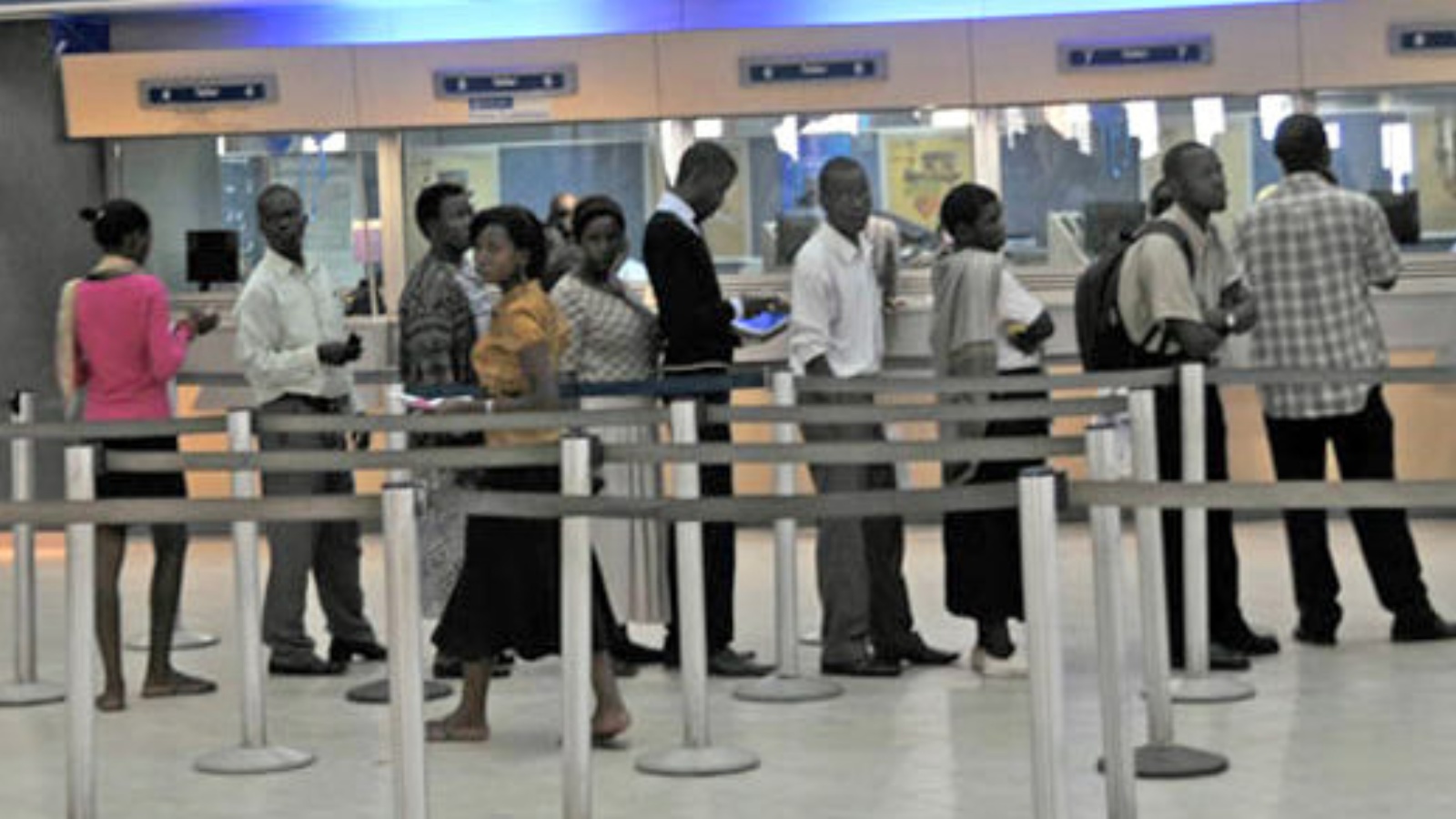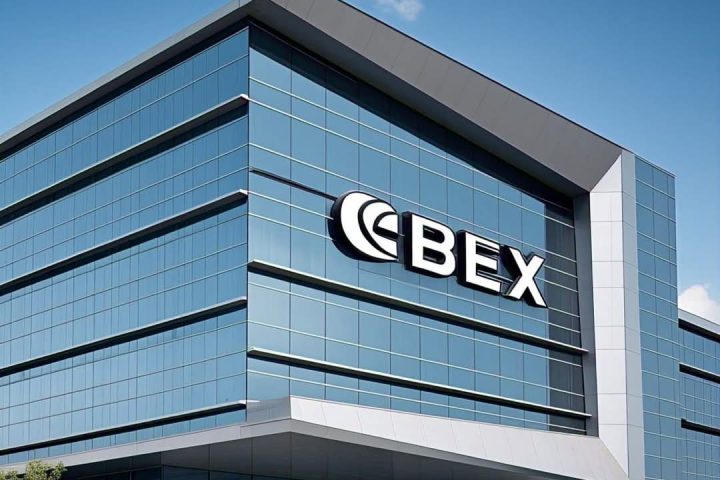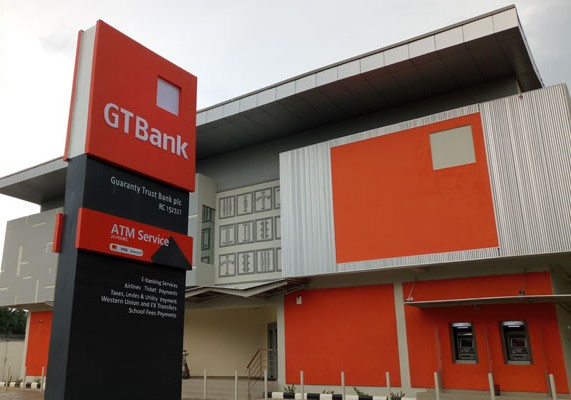In Nigeria, microfinance banks have made it easier for low-income earners, as well as small and medium businesses to access financial solutions.
While commercial banks often snub these categories of customers, it is the number one priority of microfinance banks to bring banking services to the unbanked or underserved community.
Join our WhatsApp ChannelAccording to the Central Bank of Nigeria (CBN), there are about 893 microfinance banks operating in the nooks and crannies of Nigeria.
However, only a handful of these microfinance banks have attained national recognition similar to commercial banks, due to their acceptance among Nigerians.
This high adoption has placed the following microfinance bank on top of the pecking order of bankable microfinance banks in Nigeria.
NPF Microfinance Bank
NPF Microfinance Bank was incorporated in May 1993 to provide banking services to both serving and retired Officers and men of the Nigeria Police Force.
The banking services of the firm, which started operation with the name, NPF Community Bank Ltd, also extend towards ancillary institutions and the general banking public, who have to pay at least ₦2, 000 for Current Accounts and Savings Accounts, while Corporate Account is ₦10, 000.
Its growth since its inception led to the creditor transforming into a microfinance bank in December 2007, from its community bank status.
NPF Microfinance Bank’s growth in the last decade has seen the company’s revenue grow from millions of Naira to billions, with last year’s annual turnover placed at ₦7.15 billion, up from ₦5.77 billion in 2021.
It is the only microfinance bank publicly listed on the Nigerian stock exchange. Since it was listed in December 2010, the market capitalisation of NPF Microfinance Bank has increased to ₦10.78 billion as of Thursday, up from ₦500,000 valuation.
BOI Microfinance Bank
BOI Microfinance Bank is a subsidiary of the Bank of Industry (BOI), catering to low-income earners, as well as small and medium-sized enterprises.
The financial institution was established in 2002 to improve enterprises owned by local entrepreneurs by simplifying access to loans they ordinarily can’t obtain from commercial banks.
It provides loans to individuals and groups with businesses in Manufacturing and processing, Agriculture and forestry, Service and Trading. The minimum account opening balance at BOI Microfinance Bank is ₦3,000
Aside from opening access to liquidity, BOI Microfinance also provides business guidance by offering good business advice to help improve and sustain long-term growth.
BOI Microfinance Bank’s vision is to be the clear leader in the microfinance industry in Nigeria while on the mission to provide entrepreneurs with unique, people-oriented, technology-driven, value-added products and services for economic benefit.
KUDA Microfinance Bank
KUDA is one of the new-generation microfinance banks that have chosen to break from the past by using technology to drive their operation.
Unlike NPF Microfinance and BOI Microfinance, you don’t have to visit the bank to open an account. You can also own an account with just your phone number. It also reduces the cost of owning an account compared to its competitors.
Kuda offers more than savings and loan services to its customers, the financial institution also provides investment options, allowing them to buy stocks in the US stock market.
What makes KUDA different is that while it can raise capital from venture capitalists as a financial technology (Fintech) company to fund its operation, if the firm crashes, it only has depositors to answer to. KUDA has raised $91.6 million from 16 Fintech investors
But a firm like NPF microfinance bank, which is publicly listed, can borrow funds from the capital market, however, should the bank fail, it will have to refund investors and depositors.
LAPO Microfinance Bank
LAPO Microfinance Bank started off as a poverty-focused Non-Governmental Organization in the late 1980s., hence the name, Lift Above Poverty (LAPO) Organization.
The fallout of the implementation of the Structural Adjustment Program (SAP) led to the establishment of LAPO to cater to the less privileged during the economic downturn,
From being an NGO’s financial arm, it became a State Microfinance Bank in 2010. Two years later, LAPO Microfinance Bank grew into a national microfinance bank.
LAPO offers loans to civil servants in the public sector and agric business owners. LAPO claims to be the biggest in Sub-Saharan Africa, with over 500 branches in 33 states in Nigeria and five million-plus clients.
According to the firm, its services enable low-income households to enhance their productive capacity, build and consolidate their economic base and manage risk.
It still operates as a private entity, so details of its financials are not available.
Sparkle Microfinance Bank
Sparkle Microfinance Bank is a technology-driven bank financing financial issues of small businesses and individuals at a low cost.
Sparkle invests more in its digital platform than in physical structures to help Nigerians fulfil their potential by democratising access to valuable solutions for their business without entering the four walls of a bank.
It has recorded $69 million worth of transactions and has over ₦1 billion in deposits from over 40,000 customers despite launching in 2019.
Sparkle is similar to KUDA, operating as a financial technology firm. It has raised $5.4 million from two venture capitals, Trium and Leadway Assurance.
Note: This article is not a financial or investment advice.


















Follow Us